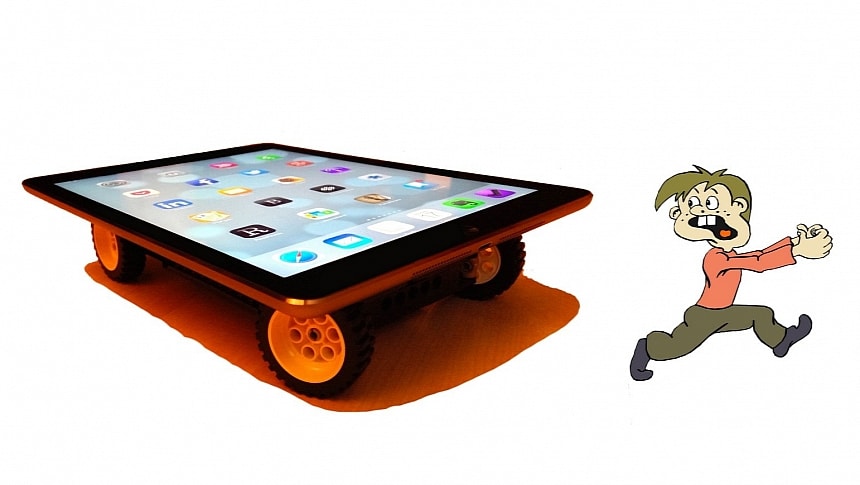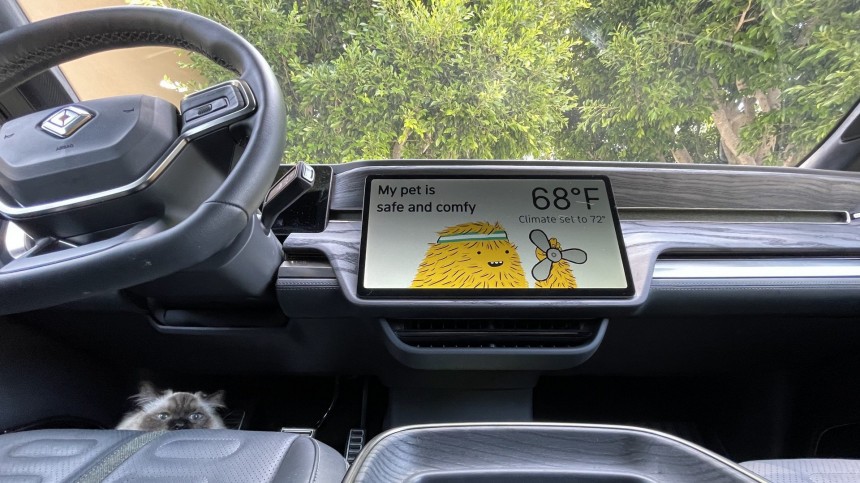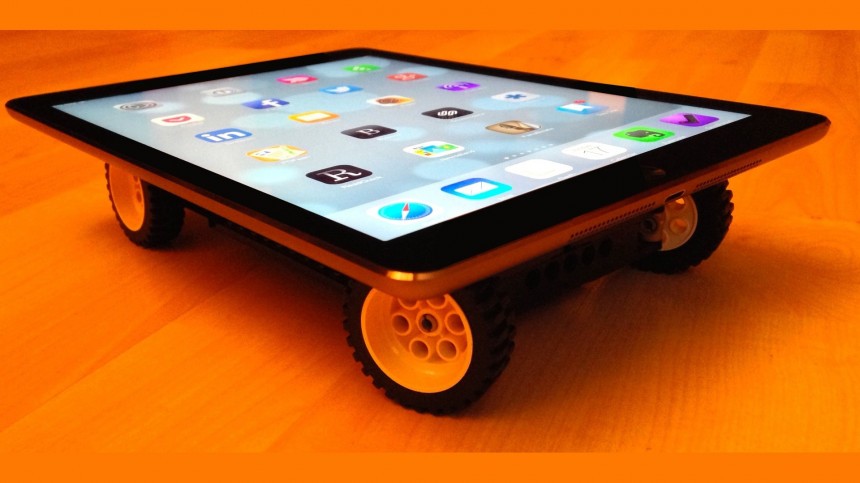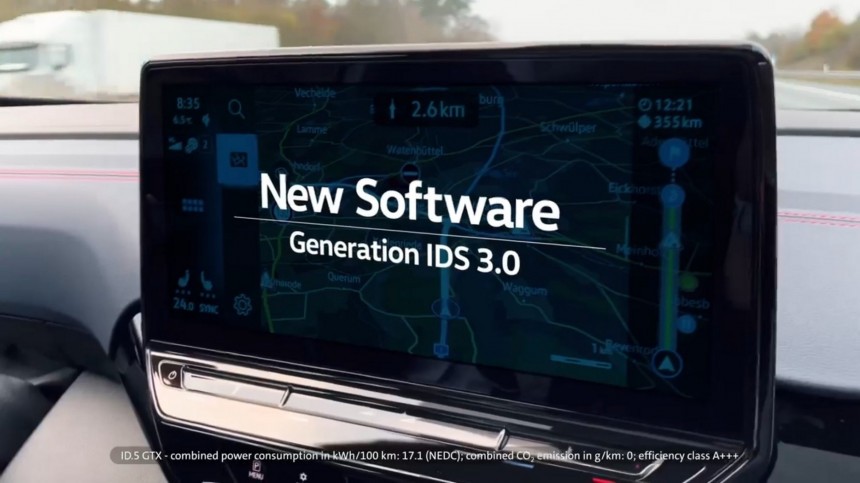When electric cars started becoming mainstream, their fans thought it was amazing that these vehicles would get new features with over-the-air (OTA) updates. Some of these supporters and investors crave the next update as they salivate for a new car. At first, I thought it was pretty interesting, but there's nothing like time to show you the full picture. It all boils down to control—or your lack of it, in this case.
When you purchase a traditional car, you have to select the engine, the trim that best suits your needs, the options, and all other aspects of the experience you want to have with your new vehicle. If nothing goes wrong, you will still know what your car offers years after the purchase. You may be frustrated because it lacks a camera or an infotainment system, but a vehicle that is not software-defined is predictable (if it is dependable, mind you).
A software-defined car does not work that way. Theoretically, it improves with every OTA update, offering new features you did not pay for but received anyway. Isn't that more value for money? It is allegedly the digital version of a free lunch. If you can read this, you should already know there's no such thing. In other words, you should not believe that version of the story.
Legacy automakers are all trying to develop software-defined vehicles because they want new revenue streams. They believe these cars will help them sell new services to customers. In other words, used cars will keep paying them long after they leave the showrooms. Heating and climate control can be subscription options instead of something you already paid for. A dog mode to keep your pets fresh inside the vehicle? A tow mode? A new navigation system? Put them in the revenue stream column.
To make matters worse, not all updates improve the cars, as they don't necessarily make smartphones or computers better. The performance can drop down or you may even see some of the features fail, as it has recently happened with dog mode in cars from the company that made OTA updates popular. The carmaker may prevent you from fast charging, for example. Remember that I am only talking about software glitches and problems. Volkswagen recently joined forces with Rivian precisely because it wants to avoid them, but will that alliance ensure that? The problem is that a software-defined vehicle will also face hardware worries.
You must have read about how the hardware that would deliver robotaxis in 2020 is now obsolete and must be replaced by a new computer. It's been only four years since these failed promises were made. That's a long time for something that generated high expectations. Yet, it is not that much in a vehicle's lifetime. What if you have to replace the computers in your software-defined car every four years or so? What if the new software just isn't compatible with your automobile? Are you ready to replace it as often as you replace your smartphone?
This is a question I asked my readers in October 2022. Ever since, sales of these software-defined cars have declined. BEVs, which are intrinsically associated with this concept, have faced the same fate, and I bet it has more to do with the certainty that battery packs will have to be replaced than with concerns about computing issues, which are just one of the reasons I will avoid software-defined cars as much as I can.
Carmakers want to sell you vehicles with "by wire" systems, including brakes and steering. That will make vehicles easier and cheaper to build, which are benefits for manufacturers, not necessarily for customers. If these automobiles are software-defined, an update may change steering and braking behavior all of a sudden. While that can be a good thing if it improves performance, I find it terrifying. If it is that easy to change a vehicle's behavior, that can also happen for the worse, especially if cybersecurity measures are not up to the task. Hackers find a new way to break into computer systems every day.
Don't get me wrong: I love technology. I wish there were an infotainment system I could install in my 2002 Opel Zafira A that made it easy to listen to Spotify and also gave me a rearview camera for backing up more safely (and also watching the dogs while I close the gate in my current house, to prevent them from running away). What bugs me is when people think that technology can take over every aspect of a car, turning it into a mobile phone on wheels. Thanks, but no, thanks.
I do not want automakers to have more control over my ride than they should. They will eventually think it is not worth updating, and I'll end up with a giant paperweight. I do not want them to charge me for heating or other basic functions my car should have all the time. I do not want them to offer me services, performance improvements, or anything else on my infotainment screen. Can you imagine what would happen if YouTube made a car? How many times would you have to tell them you do not want to subscribe or even test YouTube Premium? Automakers can be as annoying as that (perhaps even more).
Above all, I do not want my car to become obsolete at software speeds. It is more than enough to see it getting old with the regular wear and tear, not to mention time itself, which has its effects even on my hardware... I want to be the one defining what my car should or should not be when I purchase it, not leaving that decision to the carmaker when it is not their property anymore.
A software-defined car does not work that way. Theoretically, it improves with every OTA update, offering new features you did not pay for but received anyway. Isn't that more value for money? It is allegedly the digital version of a free lunch. If you can read this, you should already know there's no such thing. In other words, you should not believe that version of the story.
To make matters worse, not all updates improve the cars, as they don't necessarily make smartphones or computers better. The performance can drop down or you may even see some of the features fail, as it has recently happened with dog mode in cars from the company that made OTA updates popular. The carmaker may prevent you from fast charging, for example. Remember that I am only talking about software glitches and problems. Volkswagen recently joined forces with Rivian precisely because it wants to avoid them, but will that alliance ensure that? The problem is that a software-defined vehicle will also face hardware worries.
You must have read about how the hardware that would deliver robotaxis in 2020 is now obsolete and must be replaced by a new computer. It's been only four years since these failed promises were made. That's a long time for something that generated high expectations. Yet, it is not that much in a vehicle's lifetime. What if you have to replace the computers in your software-defined car every four years or so? What if the new software just isn't compatible with your automobile? Are you ready to replace it as often as you replace your smartphone?
Carmakers want to sell you vehicles with "by wire" systems, including brakes and steering. That will make vehicles easier and cheaper to build, which are benefits for manufacturers, not necessarily for customers. If these automobiles are software-defined, an update may change steering and braking behavior all of a sudden. While that can be a good thing if it improves performance, I find it terrifying. If it is that easy to change a vehicle's behavior, that can also happen for the worse, especially if cybersecurity measures are not up to the task. Hackers find a new way to break into computer systems every day.
Don't get me wrong: I love technology. I wish there were an infotainment system I could install in my 2002 Opel Zafira A that made it easy to listen to Spotify and also gave me a rearview camera for backing up more safely (and also watching the dogs while I close the gate in my current house, to prevent them from running away). What bugs me is when people think that technology can take over every aspect of a car, turning it into a mobile phone on wheels. Thanks, but no, thanks.
Above all, I do not want my car to become obsolete at software speeds. It is more than enough to see it getting old with the regular wear and tear, not to mention time itself, which has its effects even on my hardware... I want to be the one defining what my car should or should not be when I purchase it, not leaving that decision to the carmaker when it is not their property anymore.









